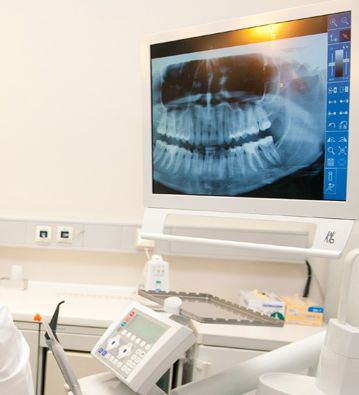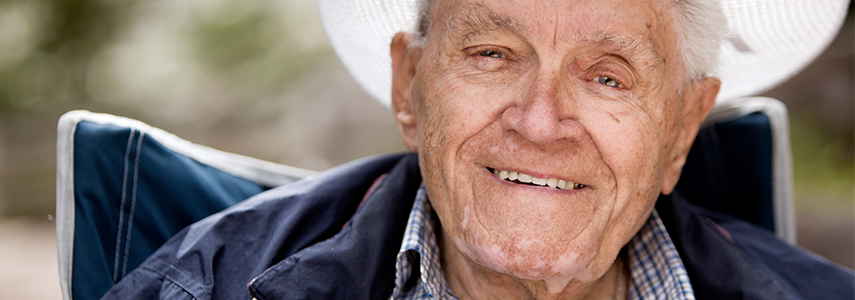The average age of an individual has increased in recent years; progress, proper nutrition and greater attention to dental therapies have allowed many people of the third age to keep their natural teeth, but this has also led to an increase in periodontitis in the elderly.
Periodontal conditions of the elderly
There are many more elderly people who need periodontal treatments than in the past. However, the scientific literature does not report specific studies on patients over 80.
In the past, in fact, in academic fields, a person was already counted among the elderly after the age of 50 and the research concerning patients who have exceeded the age of eighty are very few.
Today, however, with the increase in the average age of the world population, it is important and equally necessary to study patients who are between 80 and 100 years old.

Periodontitis in the elderly: research
Research data recently published in the Journal of Clinical Periodontology reports the prevalence of periodontal and peri-implant diseases in centenarians in southwestern Germany. The data are the result of a comparative analysis between socio-demographic factors and age-related issues.
The sample considered for the study was made up of people born before 1920. In total, 55 centenarians domiciled in their own home or in nursing homes for the elderly were evaluated.
The total sample was in turn divided as follows: 35 patients with natural teeth, of which 33 underwent periodontal examination.
The implants present on two edentulous patients were also analyzed.
The results of the research
Among the 55 centenarians of which 83.6% were women, 20 centenarians were edentulous, of which two women underwent implant treatment.
The centenarians with natural teeth with an average age of 101 were 35 with 332 natural teeth.
Most centenarians reported brushing their teeth once or twice a day, but none said they use interdental cleaning aids such as interdental brushes or floss.

- The mean depth of periodontal probing was found to be 2.7 ± 0.8 mm;
- the average clinical attachment loss of 4.2 ± 1.7 mm;
- severe tooth mobility (grade 2 or 3) was present in 3% of centenarians;
- 25.8% of centenarians had mild or no periodontitis;
- 54.8% of centenarians had moderate periodontitis;
- 19.4% severe periodontitis.
Of the 27 implants examined in 5 centenarians, 59.3% were classified as healthy, 29.6% had peri-implant mucositis and 11.1% had peri-implantitis.
Parodonditis in the elderly: increased attention from dentistry
Research has shown that periodontitis is predominantly moderately severe in the elderly. A figure that will probably grow as the average age of the population increases.
In a society where the elderly are the majority of the population, as is the case in Italy for example, it is essential for dentistry to pay greater attention to this age group.
You are never too old to take care of your teeth or replace them: periodic dental visits can improve the quality of an ever longer life.
















